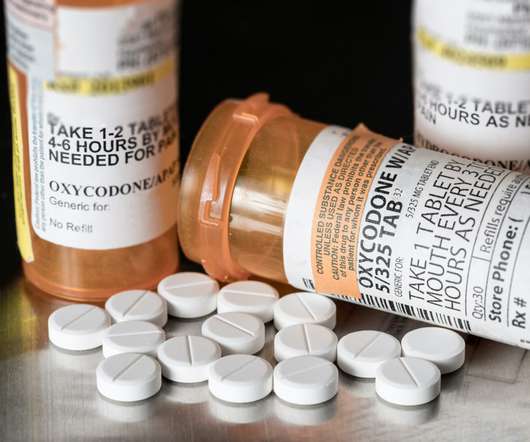Amid overdose crisis, court will weigh physician intent in “pill mill” prosecutions and more under the Controlled Substances Act
SCOTUSBlog
FEBRUARY 28, 2022
Share In the midst of a national opioid crisis that claimed more than 100,000 lives in this country over the past year, the Supreme Court will hear a case on Tuesday about the relevance of doctors’ subjective intentions in criminal prosecutions for unlawful distribution of controlled substances. While on the surface, the case, Ruan v.














Let's personalize your content